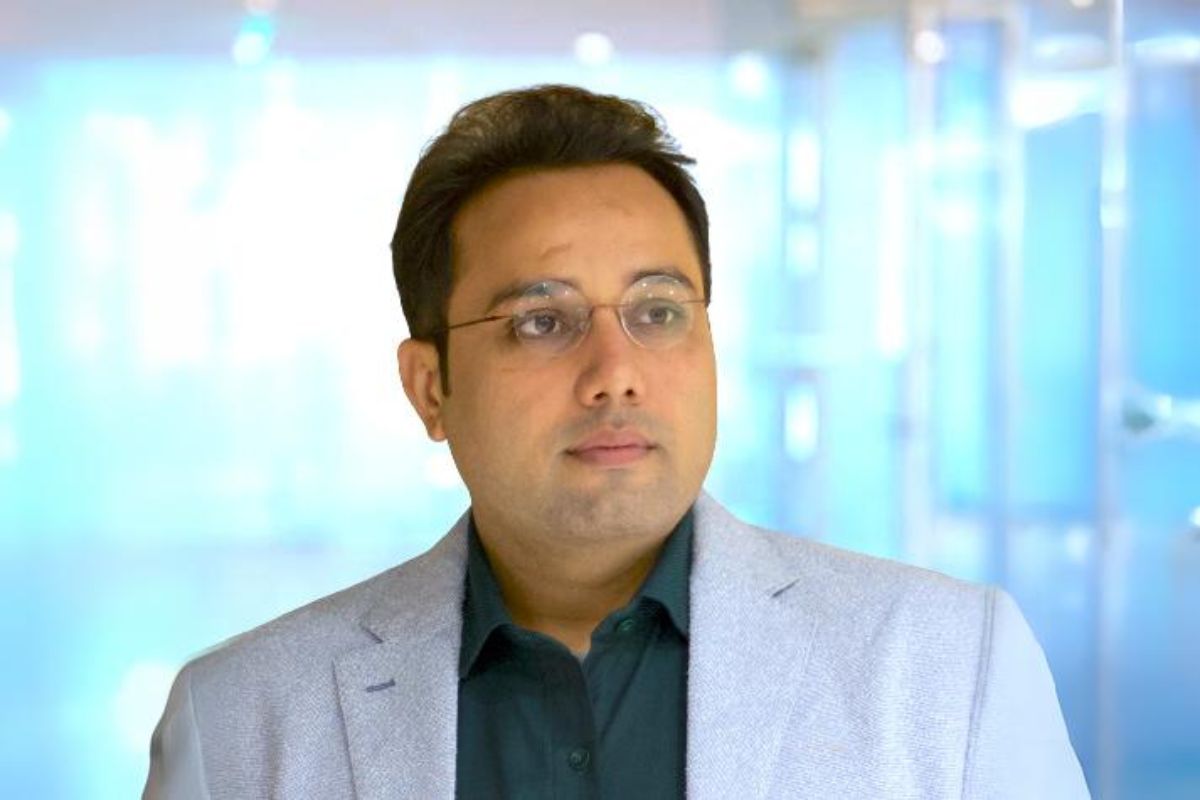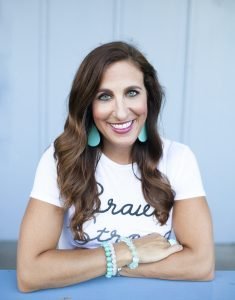Subhash Trivedi is a successful entrepreneur and the founder of Radical Results, a coaching practice that offers CEO and business coaching for companies looking to accelerate their growth.
Coaching Focus: Subhash’s Radical Results Framework helps founders overcome the immense pressure in the fast-paced startup world and become successful CEOs, achieving tenfold growth in their business.
Location: India
Connect: You can find Subhash online at his website as well as on LinkedIn.
Tell us about your journey as a coach.
In 2018, I stepped into the world of coaching, bringing with me a wealth of experiences from my Silicon Valley entrepreneurial journey. Early in my career, I witnessed the transformative power of coaching and realized how it could fast-track achievements.
My coaching venture sprouted quite naturally. It all started when a friend sought my guidance after I exited my successful startup. What began as casual, friendly consulting gradually blossomed into a thriving coaching business. Initially, my focus was on one-on-one coaching for founders and CEOs, but I soon recognized a broader need. I expanded my services to coach entire leadership teams and introduced group coaching programs, with the aim of empowering multiple companies at once.
The path my coaching business has taken truly reflects my dedication to facilitating rapid growth for both individuals and organizations. My approach, deeply inspired by my own experiences, highlights the profound impact that coaching can have in accelerating success and navigating through business challenges.
We want to destigmatize talking about money, including how much coaches make. Would you please share with our readers any relevant revenue figures from your business?
- 2018: 50,000 USD
- 2019: 70,000 USD
- 2020: 70,000 USD
- 2021: 100,000 USD
- 2022: 120,000 USD
What courses, programs, or certifications have you done? Would you recommend them, and for whom?
I have done two Landmark Education Programs, Landmark Forum and Landmark Advance.
What advice or perspective might you give to a new coach trying to get their first clients? Any advice they should ignore?
For a new coach aiming to secure their first clients, focus on building genuine connections. Network within your community, leverage social media, and offer free workshops or sessions to showcase your expertise. Ignore advice suggesting quick fixes or pushing aggressive sales tactics; instead, prioritize authenticity and building trust with potential clients.
What are your thoughts on “choosing a niche” as a coach?
Choosing a niche as a coach is crucial for success. Personally, I began by reflecting on my strengths and passions. I identified areas where I could bring the most value. To coaches facing “niche drama,” I’d advise exploring different niches, experimenting, and observing where your skills align best.
Don’t rush; let your niche emerge organically based on your experiences and the needs you uncover. It’s about finding a balance between your expertise and the market demand. You will know this when your coaching starts to flow like a normal conversation with a friend.
What tools, software, or other resources have you found to be most helpful in running your coaching business?
Scheduling Software: I rely on scheduling tools like Calendly, which streamlines the appointment-setting process. It ensures a hassle-free scheduling experience for both me and my clients.
Canva: Canva is a user-friendly graphic design platform that empowers individuals and businesses to create visually stunning content without the need for advanced design skills. It offers a wide range of customizable templates for various design projects, including social media graphics, presentations, posters, flyers, and more.
If you received an extra $10,000 to spend on your business, how would you spend it and why?
If I were fortunate to receive an additional $10,000 for my coaching business, my primary focus would be on supporting and uplifting others. Here’s how I would allocate the funds:
Team Appreciation: The backbone of any successful business is its team. I would allocate a significant portion of the funds to recognize and appreciate the hard work and dedication of my team members. This could take the form of bonuses, special recognition events, or personalized gifts. Fostering a positive and motivated team is crucial for sustained success.
Don’t rush; let your niche emerge organically based on your experiences and the needs you uncover.
Sponsorship for Those in Need: I believe in the transformative power of coaching and its ability to bring positive change. With a portion of the funds, I would sponsor coaching sessions for individuals who are currently unable to afford such services. This act of giving back aligns with my commitment to making coaching accessible and impactful for a broader audience.
When you feel overwhelmed, stressed, or have lost your focus or motivation, what do you do?
When I feel overwhelmed or stressed, I have a simple yet effective practice—I take a “Do Nothing” break. During this time, I sit quietly with my eyes open, doing no activities, not even meditation. It’s a moment to just be present. This simple practice helps me regain clarity and inner calm.
Do you have any examples of how a “failure” set you up for later success?
In the early stages of my entrepreneurial journey, I created a product that didn’t resonate well with the market. It was disheartening, and the venture didn’t succeed as I had hoped. However, the lessons from that “failure” became invaluable.
The experience taught me about the importance of thorough market research. Rather than seeing it as a setback, I treated it as a learning opportunity. With this insight, I adjusted my approach in subsequent ventures.
The lessons I learned helped me refine my business strategies, understand customer needs more deeply, and make informed decisions. In the long run, this setback paved the way for later successes by providing a solid foundation of knowledge and resilience. It’s a testament to the idea that failures, when viewed as opportunities to learn, can be stepping stones to future achievements.
Do you have any embarrassing (at the time) stories from your work as a coach?
Early in my coaching journey, I had a session where I misunderstood a client’s needs. I offered advice that, in hindsight, wasn’t the best fit for their situation. It was a humbling experience because coaching is about understanding the unique challenges of each individual.
In the long run, this setback paved the way for later successes by providing a solid foundation of knowledge and resilience.
However, instead of dwelling on embarrassment, I immediately acknowledged my mistake. I openly discussed it with the client, expressing my commitment to their success and learning from the misstep. Surprisingly, this candid conversation deepened our trust, and the client appreciated the transparency.
If you could put a message on a huge billboard—getting a message out to millions—what would it say and why?
“Honor your words.”
The Life Coach Magazine staff is your team for high-quality content on topics from personal development, to coaching tips, to how to grow your coaching business.










Be First to Comment